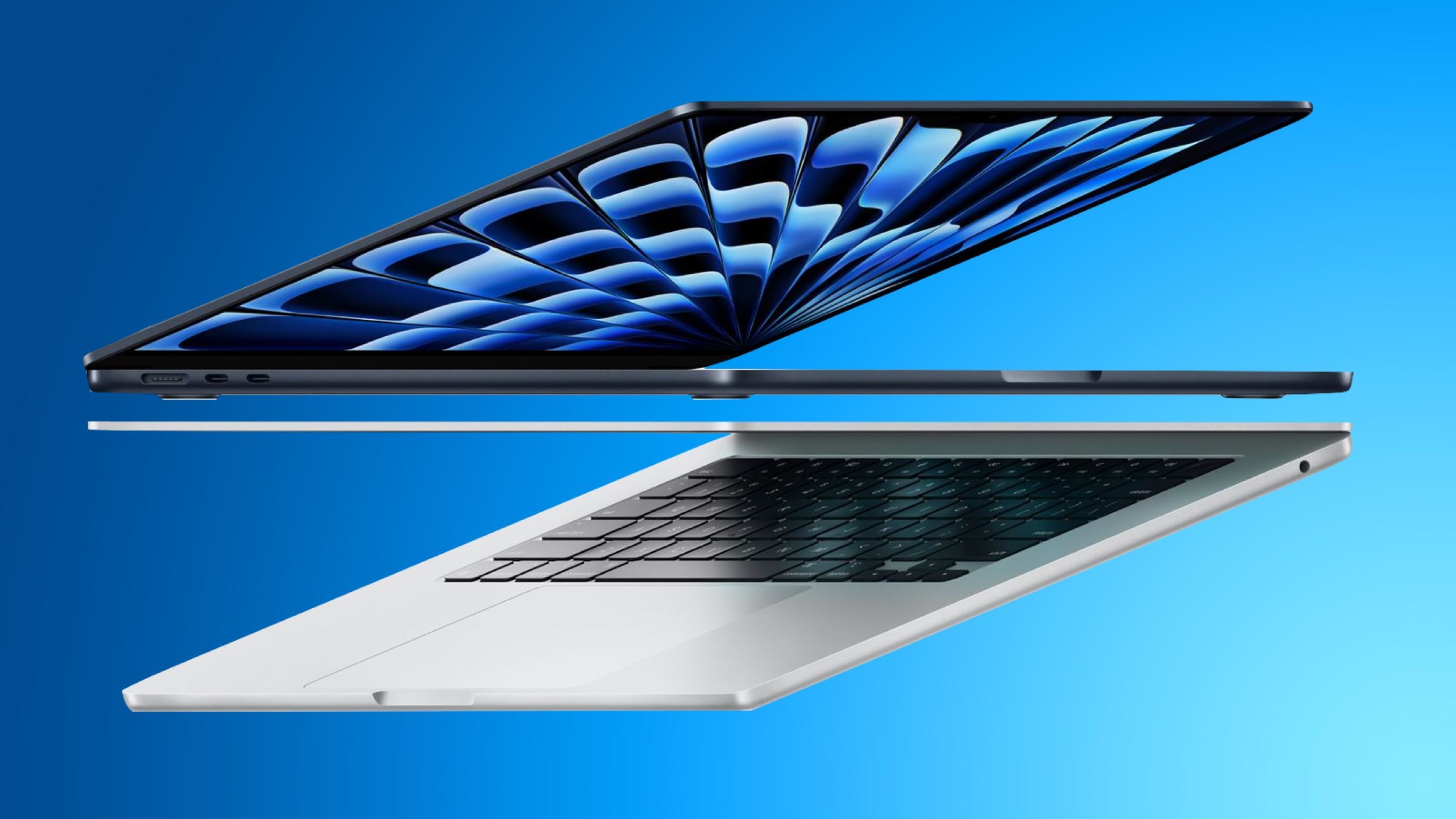
An early benchmark result for the new MacBook Air has surfaced, providing a closer look at the M3 chip's performance in Apple's latest laptops.

In a Geekbench 5 result spotted by MySmartPrice, the MacBook Air with the M3 chip and 16GB of unified memory achieved a single-core score of 3,157 and a multi-core score of 12,020. The results have a "Mac15,13" identifier, which indicates they are for a 15-inch MacBook Air.
For context, the previous MacBook Air with the M2 chip and 16GB of unified memory achieved a single-core score of 2,610 and a multi-core score of 10,120. The M3 chip in the new MacBook Air therefore scored approximately 20% more in single-core and 18% more in multi-core compared to the M2 chip in the earlier model, and is on par with the M3 chip in the 14-inch MacBook Pro as far as straight CPU benchmarks go.
Featuring an 8-core CPU, up to a 10-core GPU, and support for up to 24GB of unified memory, the new MacBook Air is up to 60 percent faster than the model with M1 and up to 13x faster than the fastest Intel-based MacBook Air, according to Apple.
Apple began accepting pre-orders for the new MacBook Air on Monday, March 4, and the first deliveries to customers and in-store availability will begin on Friday, March 8. Pricing for the new MacBook Air starts at $1,099 in the United States, while the previous-generation 13-inch MacBook Air with the M2 chip remains available for $999.
Article Link: First Benchmark Result Surfaces for MacBook Air With M3 Chip
Last edited:

